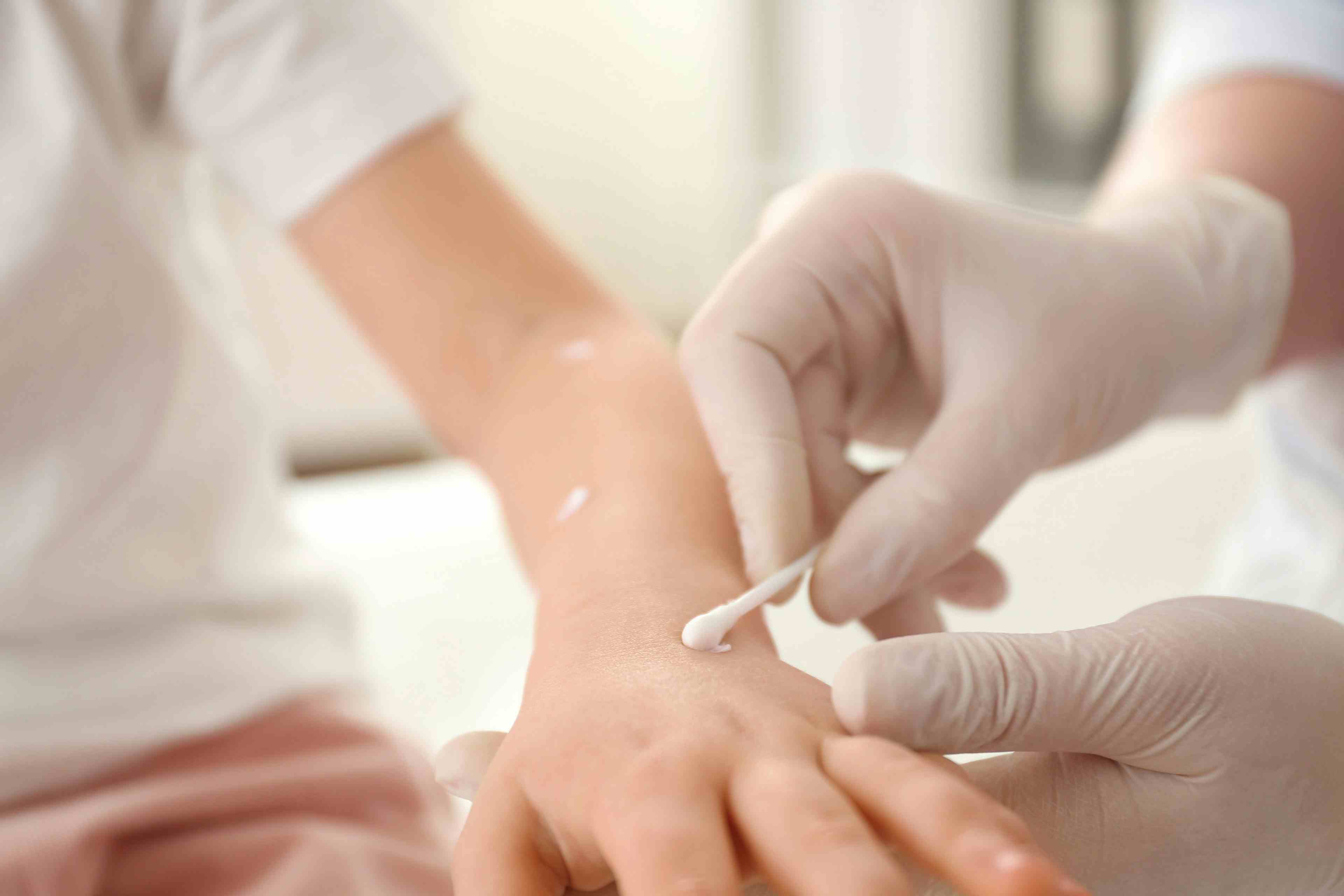- Acne
- Actinic Keratosis
- Aesthetics
- Alopecia
- Atopic Dermatitis
- Buy-and-Bill
- COVID-19
- Case-Based Roundtable
- Chronic Hand Eczema
- Chronic Spontaneous Urticaria
- Drug Watch
- Eczema
- General Dermatology
- Hidradenitis Suppurativa
- Melasma
- NP and PA
- Pediatric Dermatology
- Pigmentary Disorders
- Practice Management
- Precision Medicine and Biologics
- Prurigo Nodularis
- Psoriasis
- Psoriatic Arthritis
- Rare Disease
- Rosacea
- Skin Cancer
- Vitiligo
- Wound Care
Article
Exploring the SDPA: Past President Shares Insights
Author(s):
Renata Block, MMS, PA-C, and member of the Dermatology Times Editorial Board, talks about the Society of Dermatology Physician Assistants (SDPA) and exciting times ahead in the field.
Renata Block, MMS, PA-C

How can you lead the charge and make a difference in the field of dermatology? Renata Block, MMS, PA-C, past president of the SDPA, shares her excitement for being a leader in the field, the need for positive teamwork approaches, and her excitement for dermatological advances in 2023.
Ms Block is a physician assistant at Advanced Dermatology and Aesthetic Medicine, LLC in Chicago. In 2021, she held the title of President of SDPA, and is also the past president of the Illinois Society of Dermatology Physician Assistants (ISDPA). She also serves on the Dermatology Times Editorial Board.
Transcript
Renata Block, MMS, PA-C: Hi, my name is Renata Block. I am a dermatology physician assistant and the immediate past president of the SDPA, which is the Society of Dermatology Physician Assistants. I think the highlight of being a president is really working your way up to be president, because when you join leadership, your goal is always to grow. And when you go through the leadership process, you get to learn what other people have done, what works best, and what didn't work so well. It really sets these goals into place of what you want to make out of it when you become president. It's a really proud moment, because it's also an opportunity to cultivate new leaders and allow them to strive to be in the position that you were in.
ISDPA, which is the Illinois Society of Dermatology PAs, was built from the ground up. It was really a few of us that decided to put it on the map. And it was not recognized at all, so it was a little bit different of a challenge because it was really a grassroots project. I'm really proud of where it is today, compared to when I started it so many years ago. The SDPA was already a very established organization when I came on board and already had a great foundation.
I think the biggest challenge as president is really time management because as a volunteer, I put 110% into everything that I do. Taking on that extra responsibility, in addition to a full-time job, in addition to family time, in addition to balancing my life: I think that was the biggest challenge for me in regards to finding that balance, to make all aspects in my life successful or to where I feel satisfied.
One of my goals as president of the organizations was really to cultivate new leadership, and really spread the message of why it's important to be part of an organization that supports your profession. I think my biggest message as president is for everybody to be involved. You may be a member but what more can you do? What talents do you have to bring to the table, in the end, it's all about teamwork. One person can't do it all. The SDPA has 4000 members; each of those members have something they could bring that could make the SDPA grow and become bigger and better. So that is one thing that I really was focusing on—to build that leadership team. And I feel that I was successful in it because right now we're having people contact us saying they want to learn more about the organization. I feel like we've gained that momentum in growth, and that to me is so important.
In the field of dermatology, we're constantly growing and learning about really coming together as a team. And in 2023, I think pharmaceutical companies are able to bring [those] medications to the forefront that we've been desperately needing in the dermatology space. For us to offer these innovative treatments to our patients that were never available in the past is so amazing, and it's just going to continue to grow and become even better.
As a dermatology PA, one thing is educating the patient that we are a dermatology PA; we're not a medical doctor. I know my colleagues and SPDA strive to educate the public about the importance of dermatology PAs. I feel when I'm in the clinic, I spend a lot of time with my patients and I know my colleagues do—and it's not saying that dermatologists don't. But I feel like as a DERM PA, we really do a lot of hand-holding with our patients; we're the ones that are reaching out to that patient and checking up on them and making sure that they're getting the medication and making sure they're understanding the questions. The medical assistants are approaching us to help answer a question, and we're on that front line of that. And if it's something that we can't answer, we obviously go to the dermatologist. But I believe the staff is the first to answer questions and that resonates with the patient.
Transcript edited for clarity
Newsletter
Like what you’re reading? Subscribe to Dermatology Times for weekly updates on therapies, innovations, and real-world practice tips.














